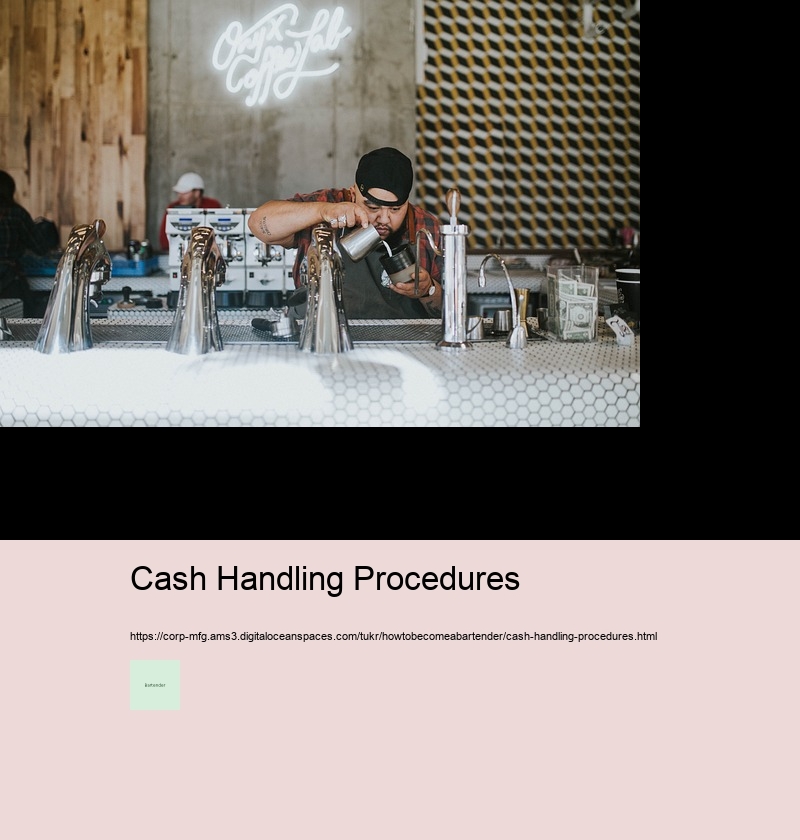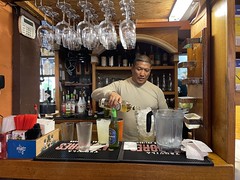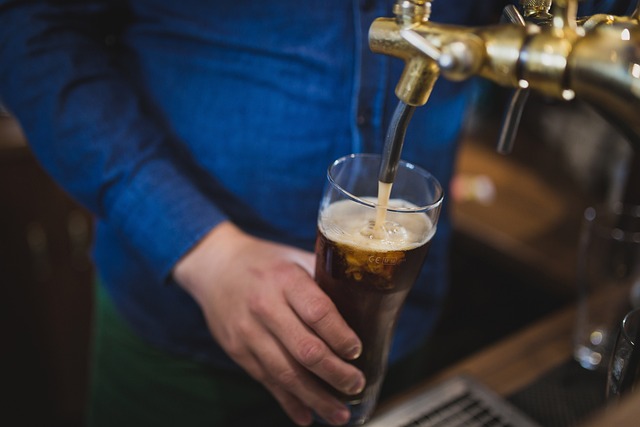Cash Handling Procedures
Definition of Qualifications
Cash handling procedures are essential for businesses. (They) Ensure money is handled in a safe and secure manner. Familiarize yourself with point of sale systems and cash handling procedures Interacting with Guests and Colleagues liquor. Build up your alcohol knowledge by studying different types of beers, wines, and spirits how to become a bartender licenses. Firstly, the opening procedure should be taken very seriously. Look at your state's requirements for certification to legally serve alcohol Interacting with Guests and Colleagues licenses. Familiarize yourself with point of sale systems and cash handling procedures how to become a bartender audition. Employees should check that all cash registers have the correct amount of change and bills before beginning their shift. Furthermore, they must be vigilant when counting out the money from the till. During closing, employees should ensure that all transactions have been completed properly and that any discrepancies have been noted and rectified! It's also important to count up all deposits and securely store them away. Additionally, (they) must document each register's starting balance, sales totals & ending balance in a logbook or computer program. Finally, staff should double-check everything to make sure no mistakes were made while tallying up numbers. In conclusion, these steps are necessary to guarantee proper cash handling procedures are followed at all times; thus avoiding any potential issues or losses.(On top of this,) it's highly recommended that businesses conduct regular internal audits as well to ensure accuracy & compliance with applicable laws & regulations!






